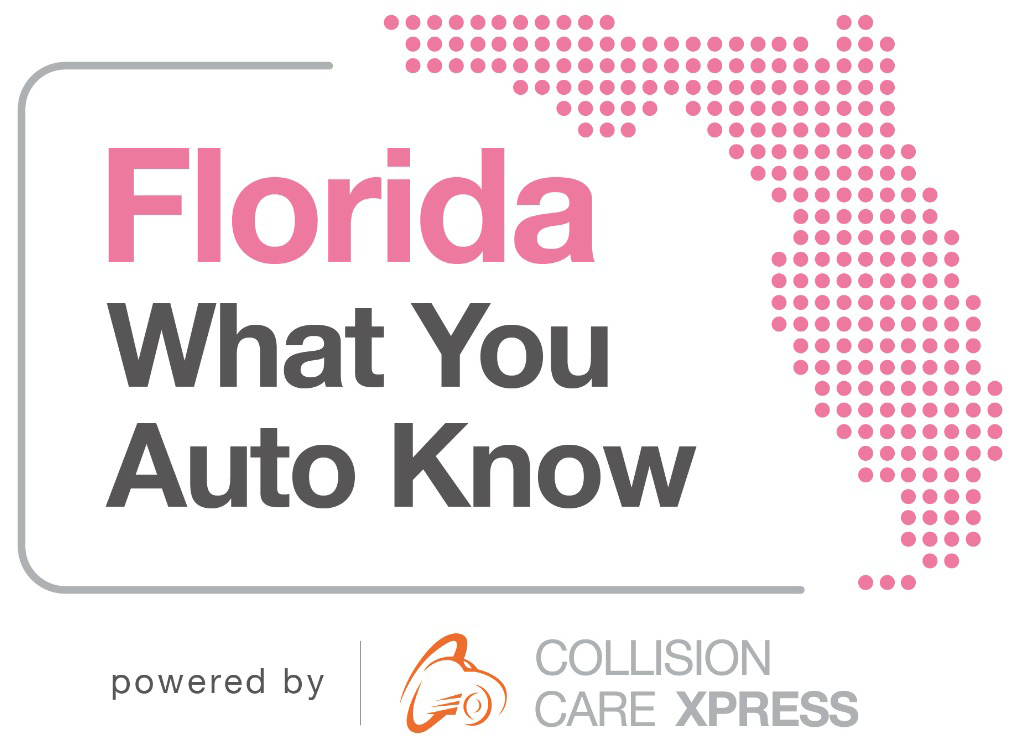Is my insurance estimate too low?
You have received an insurance estimate for damages to your vehicle. After reading the estimate you think it’s too low. But don’t worry, it probably is. 99% of insurance estimates written are too low. Keep in mind that insurance estimates are preliminary. Insurance appraisers can only write estimates for damages that are visible – – “what they can see”.
When you bring your vehicle to a body shop, they will do a “tear down” and review your insurance estimate. A tear down means to remove parts damaged by the accident to expose any hidden damage.
If more damage is found a supplement will be sent to the insurance company. I know that at Collision Care Xpress, they use a state-of-the-art computerized estimating system, as do many other body shops throughout the United States. This type of estimating system uploads supplements, documents, and photos directly to your insurance company, saving time for you, the shop, and the insurance company.
Robert Molina writes insanely useful guides about the auto body repair process and what you need to know to make the process less stressful. With more than 25 years of experience as an independent auto body shop owner, he’s on a mission to stamp out gobbledygook and raise the bar for quality collision and auto body repairs.


